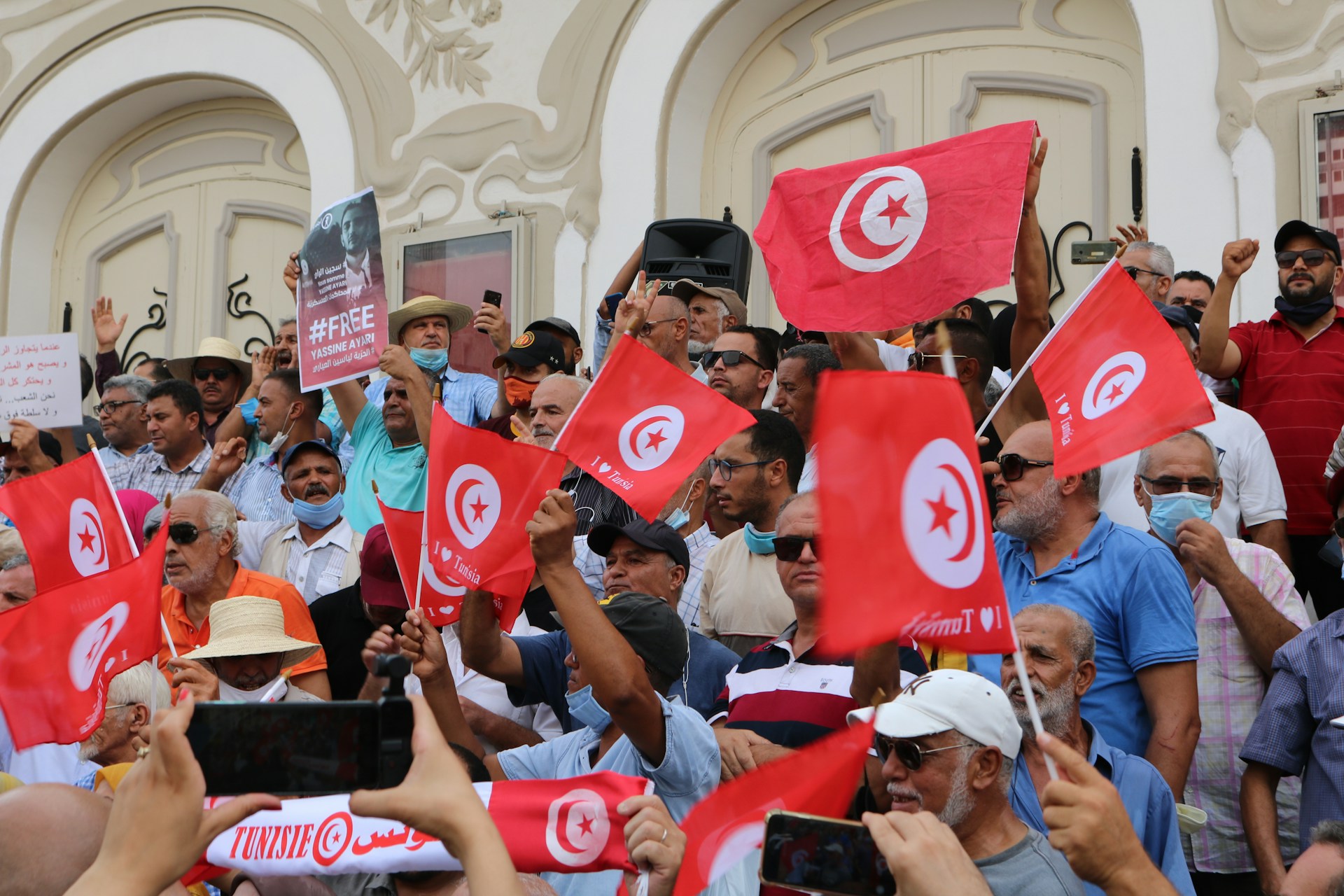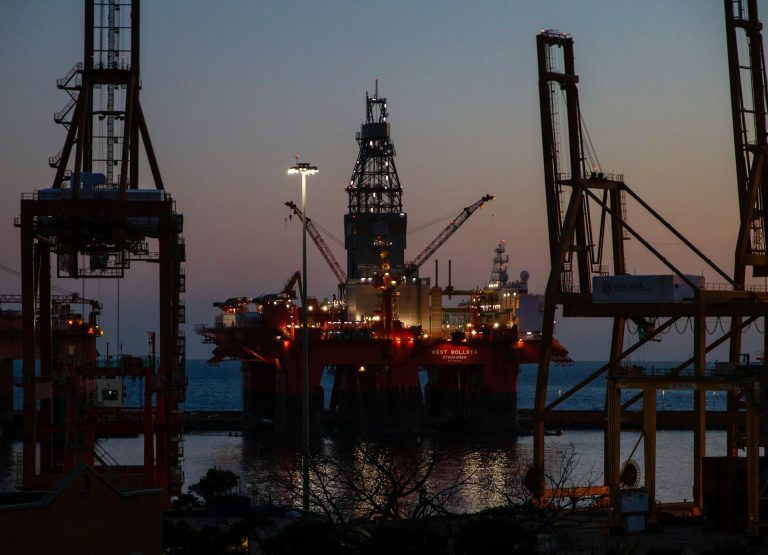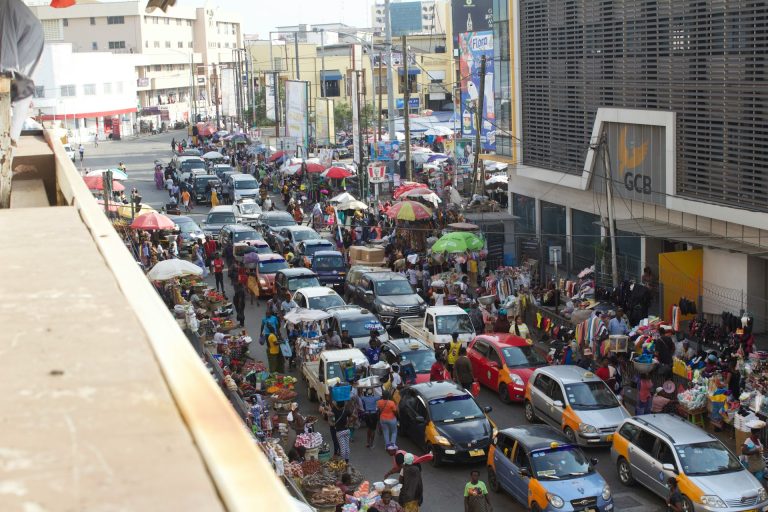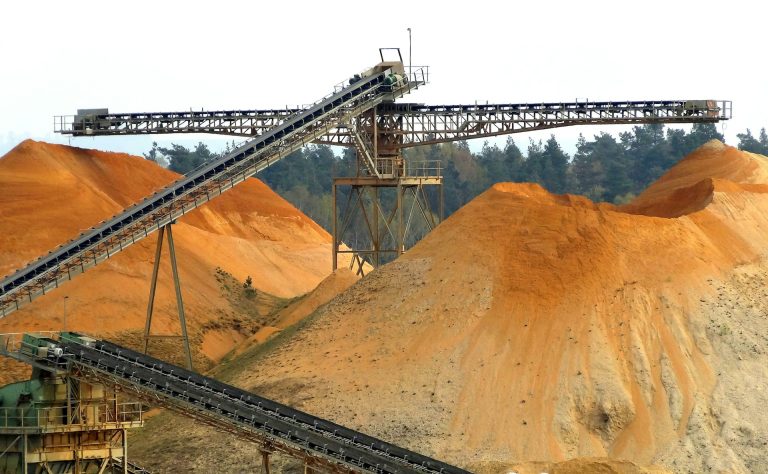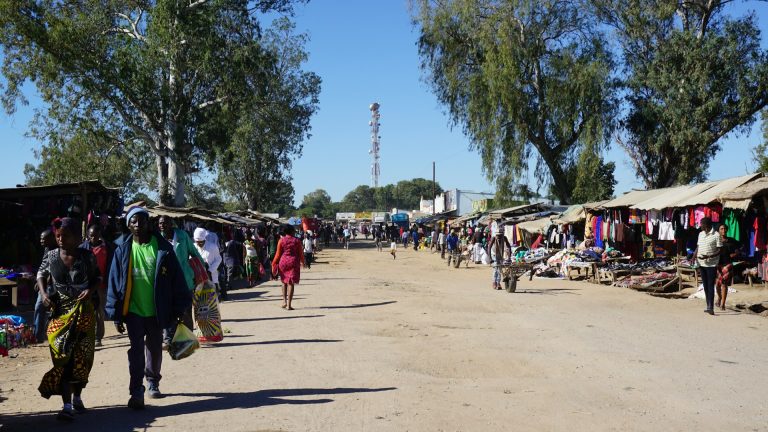- Tunisia’s inflation hits 5.0%, lowest since May 2021
- Central bank holds rates as price pressures ease
TUNIS, TUNISIA – Tunisia’s inflation cooled to 5.0% in September, its lowest level in over three years, signalling that the North African nation’s battle to tame prices may be paying off.
The decline, from 5.2% in August, marks the fifth consecutive monthly slowdown since inflation peaked at 5.9% in March, according to the National Institute of Statistics.
The decrease is mainly due to a slowdown in the rate of price changes for food products, recreation, transportation costs, and prices in the restaurant, cafe and hotel services group, the agency said in a statement.
Broad-based cooling
Food inflation eased to 5.7% from 5.9%, though price pressures persist on key staples. Fresh vegetables were up 21.1%, lamb meat climbed 20.2%, and fresh fish and fruits each rose by more than 10%. In contrast, edible oils plunged 24.3%, extending a year-long downward trend.
In manufacturing, prices rose 4.9% year-on-year, fuelled by a 9% increase in clothing and footwear and a 4.9% rise in household cleaning products. Service sector prices climbed 4.5%, led by restaurant, café and hotel costs, which jumped 10.1%.
Core inflation – excluding volatile food and energy prices – also fell to 5.2% from 5.4%, suggesting easing underlying price pressures. Prices for unregulated goods were up 6.0%, while regulated items rose 1.6%.
On a month-on-month basis, consumer prices gained 0.6% in September, with education costs surging 3.7% due to the new school year.
Monetary and economic outlook
The Central Bank of Tunisia, which cut its key policy rate by 50 basis points to 7.5% in March, has since maintained it in a bid to balance inflation control with growth. The bank expects inflation to average 6.2% in 2025, down from 7% in 2024.
However, analysts say borrowing costs remain historically high – the benchmark rate was just 4.25% in 2017 – and could constrain investment and household spending.
The Tunisian economy expanded 3.2% in the second quarter, up from 1.6% in the first, but growth is expected to moderate. The IMF projects GDP growth at 1.4% this year as the country grapples with a widening trade deficit and rising debt.
Tunisia’s trade deficit swelled to $3.46 billion in the first half of 2025, compared with $2.79 billion a year earlier. Public debt, meanwhile, is forecast to reach 82.9% of GDP this year and 84.2% in 2026, highlighting persistent fiscal pressures.
Economists say the inflation slowdown offers a brief respite for Tunisian consumers, but the combination of weak growth, high debt and unemployment still clouds the outlook for Africa’s smallest Maghreb economy.
